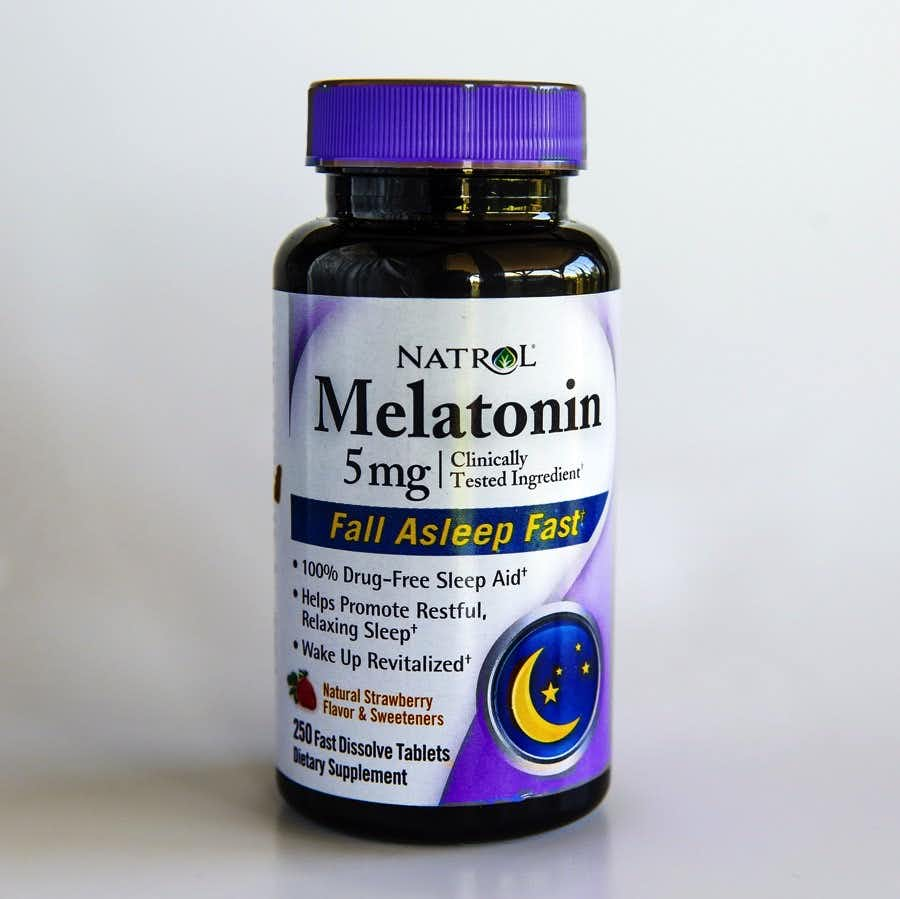
People may take popular supplements for a wide range of problems even if researchers have not established their efficacy. What can melatonin help with? A lot of folks probably noticed, as this reader did, that President Trump was taking it during his treatment for COVID-19.
How Can Melatonin Help Recovery?
Q. I noticed that President Trump was given melatonin during his hospital stay for COVID-19. I was not aware of a role for melatonin in its treatment. Can you tell me if there is any science to support this? I take melatonin myself to help with sleep.
A. We too were surprised to see melatonin on the list of the President’s anti-COVID treatments. In addition to the prescription and experimental medications he received, the doctors also gave him zinc, vitamin D, aspirin and famotidine (Pepcid) as well.
We could find no clinical trials of melatonin against COVID-19. Nonetheless, there is evidence that this hormone has antioxidant, anti-inflammatory and immune-modulating properties (Nutrients, Aug. 24, 2020). Data suggest that melatonin helps regulate the sleep cycle (British Journal of Pharmacology, Aug. 2018). In addition, it may even have some indirect antiviral activity (Sleep and Vigilance, Sep. 26, 2020).
Some doctors advocate the use of melatonin to help older people sleep better, thus strengthening their inherent immune response. Scientists note that melatonin is generally safe. As a result, if physicians use it to try to prevent acute lung injury from COVID-19, they are not putting patients at undue risk (Life Sciences, June 1, 2020). Unlike the experimental therapies President Trump received in the course of his illness, melatonin is available to everyone.
Learn More:
If you would like to learn more about melatonin, you may be interested in our eGuide to Getting a Good Night’s Sleep. In it, we discuss this and other nondrug approaches to overcoming insomnia as well as pros and cons of sleep medications. Keep in mind that sleeping well is one of the best ways to keep your immune system ready to meet a challenge. Like other tenets of good health (quitting smoking, losing weight, exercising daily), getting enough sleep is easier said than done.
Citations
- Kleszczynski K et al, "Clinical trials for use of melatonin to Ffght against COVID-19 are urgently needed." Nutrients, Aug. 24, 2020. DOI: 10.3390/nu12092561
- Zisapel N, "New perspectives on the role of melatonin in human sleep, circadian rhythms and their regulation." British Journal of Pharmacology, Aug. 2018. DOI: 10.1111/bph.14116
- Cardinali DP et al, "Elderly as a high-risk group during COVID-19 pandemic: Effect of circadian misalignment, sleep dysregulation and melatonin administration." Sleep and Vigilance, online Sep. 26, 2020. doi: 10.1007/s41782-020-00111-7
- Zhang R et al, "COVID-19: Melatonin as a potential adjuvant treatment." Life Sciences, June 1, 2020. DOI: 10.1016/j.lfs.2020.117583

